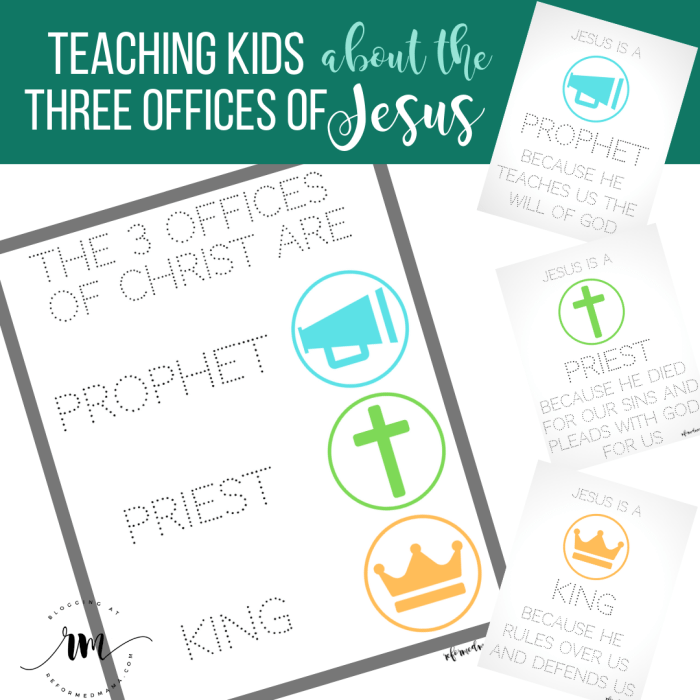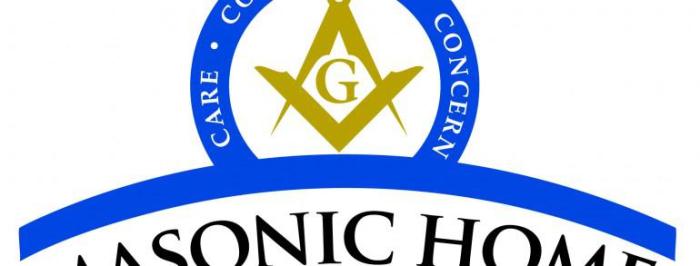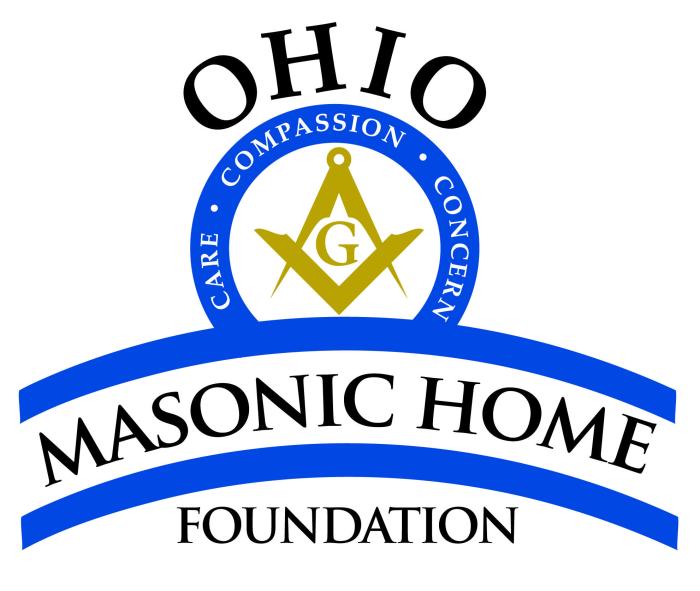Masonic catechism questions and answers provide a profound gateway into the enigmatic world of Freemasonry, revealing its rich tapestry of history, symbolism, and ethical principles. These catechisms serve as a fundamental tool for Masonic education, transmitting the organization’s core teachings and fostering a deep understanding of its values.
Through a comprehensive examination of common Masonic catechism questions and their corresponding answers, this exploration delves into the intricacies of Masonic degrees, symbolism, and the profound ethical teachings that shape the organization’s identity.
Introduction

Masonic catechisms are question-and-answer documents that play a significant role in the Masonic tradition. They serve as a means of instruction and assessment, testing the knowledge and understanding of Masonic principles, history, and symbolism among members.
Catechisms are structured in a hierarchical manner, corresponding to the three degrees of Freemasonry: Entered Apprentice, Fellow Craft, and Master Mason. Each degree has its own set of questions and answers, which progressively reveal the deeper mysteries and teachings of the Craft.
Questions and Answers: Masonic Catechism Questions And Answers
Entered Apprentice
- What is the most important tenet of Freemasonry?
- Who is the Grand Architect of the Universe?
- What are the three great lights of Masonry?
- What is the purpose of the Square and Compasses?
- What is the meaning of the Masonic apron?
Fellow Craft
- What is the legend of the Second Degree?
- What are the five points of fellowship?
- What is the significance of the Hiramic legend?
- What is the true word of a Mason?
- What is the Masonic penalty for breaking an obligation?
Master Mason, Masonic catechism questions and answers
- What is the legend of the Third Degree?
- What is the significance of the Raising?
- What is the true purpose of Masonry?
- What is the Masonic interpretation of death?
- What is the role of a Master Mason in the Lodge?
Analysis of Questions

Masonic catechism questions are carefully crafted to convey specific Masonic principles and values. They often employ symbolism and allegory to illustrate complex concepts and encourage deeper contemplation.
The questions focus on the following themes:
- The nature of God and the universe
- The principles of morality and ethics
- The history and traditions of Freemasonry
- The role of the individual Mason in society
Masonic Rituals and Catechism

Catechisms play a central role in Masonic rituals and ceremonies. They are used to instruct new members, test their understanding, and reinforce the teachings of the Craft.
By participating in catechism sessions, Masons deepen their knowledge of Masonic principles and strengthen their bonds of brotherhood.
Comparison with Other Traditions
Masonic catechisms share similarities with similar practices in other fraternal and religious organizations, such as:
- The use of questions and answers to convey teachings
- The emphasis on morality and ethical conduct
- The use of symbolism and allegory to illustrate complex concepts
However, Masonic catechisms are unique in their focus on the principles of Freemasonry, including the belief in a Supreme Being, the importance of brotherhood, and the pursuit of self-improvement.
FAQs
What is the purpose of Masonic catechisms?
Masonic catechisms are designed to educate and assess the knowledge of Freemasons on the organization’s history, symbolism, and ethical teachings.
How are Masonic catechisms structured?
Catechisms are typically organized into a series of questions and answers, covering topics relevant to the specific Masonic degree or topic being examined.
What are the key themes conveyed through Masonic catechism questions?
Common themes include the importance of morality, the pursuit of knowledge, and the practice of charity.